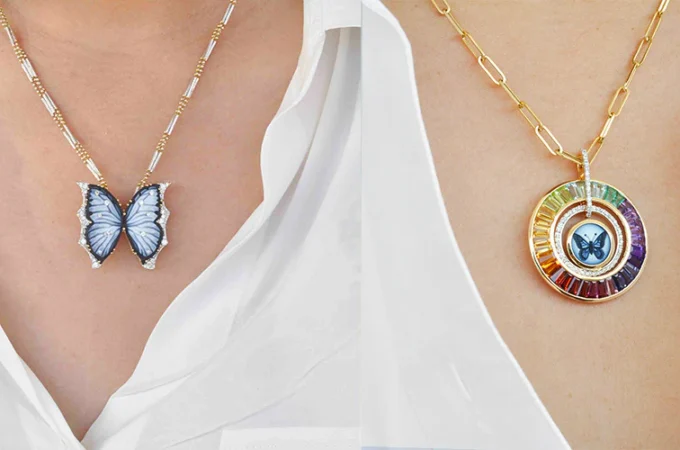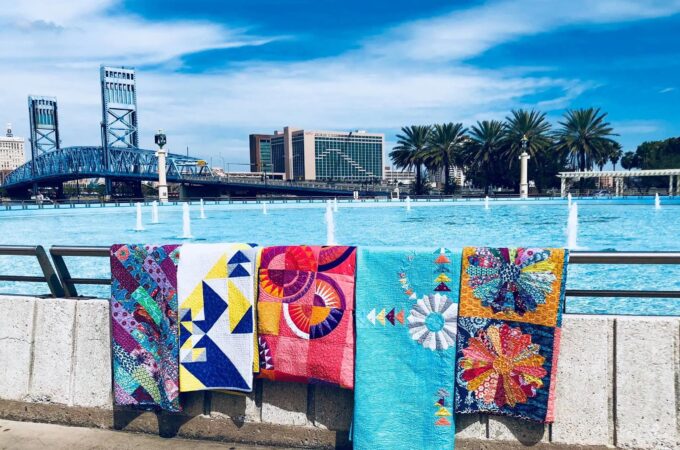
The Disruptive Effect Shopping Addiction Has on Your Life
People feel the need to splurge themselves when it comes to shopping, whether it is a new watch, a new pair of shoes, a TV or another item, they are constantly making new purchases. No one is surprised to find out this because nowadays people are bombarded with newsletters to inform them about the latest discounts and special prices. Occasional spending is not a bad thing, as long as you do it with moderation and you do not get in debt. But when the urge to shop gets out of control and you are spending more than you afford, your actions can easily be characterised as a shopping addiction. Specialists consider the compulsive buying disorder as disruptive as alcoholism or gambling.
Being a shopaholic can have the same effects on your life as cocaine addiction. Both of them are similar when it comes to the actions you do, and they take your life by storm. You will have no control over your behavior and you will hurt yourself and the ones around you.
Are there multiple types of shopping addictions?
Specialists state that there are multiple types of shopaholics, they can be categorised as it follows:
- Collectors – they need to have all the pieces of a collection, on all the colours, in all the forms and they do not feel satisfied until their collection is completed.
- Bulimic shoppers – they keep buying and returning things because they cannot decide what item they like
- Bargain seekers – they do not need the things they buy, but they purchase them because they are at a special price
- Shopaholics – they want to showcase all the expensive and flashy things they buy and they do it because they want to create for themselves the image of a spender
- Trophy shopaholics – they are always looking for the perfect item to buy
- Compulsive shopaholics – they buy things when they are experiencing certain emotional states
What are the long and short-term effects of shopping addiction?

Some people consider the short-term effects of this addiction positive, but in the majority of cases, the persons who are affected by it do not feel very happy when they complete their shopping trip. In fact, the feelings of guilt and anxiety are the prevalent ones. You will experience these feelings before both your shopping trip and when you complete it.
When it comes to the long-term effects, the most disruptive one is that people use to spend more than they can afford. You may consider it as less harmful than the rest of addictions, but it can create serious issues. Compulsive shoppers often experience financial problems, they cannot stop their addiction and they spend until they no longer afford it. And when they run out of money they continue to look for new financial sources to feed their obsession, they start using credit cards, they borrow money and they make financial obligations they are not able to respect.
In order to fuel their addiction, first, they will borrow money from their friends and family members. But because their shopping addiction will continue they will get to the moment when they are not able to pay their debts, and they are looking for other sources. The worst-case scenario is when your compulsive shopping disorder influences your credit score, and it prevents you from being able to buy a vehicle or home. Sometimes the condition can even lower your ability to work or obtain a job.
Alongside the financial problems this addiction causes, it can also have a negative impact on relationships. When they understand that they are facing a problem, people often feel ashamed and they tend to hide it from their family. It is one of the factors that affect relationships and marriages because even the most patient and loving partner will find difficult to cope with the fact that their partner is hiding this problem from them.
How can you deal with this situation?

There are multiple things you can do to stop this problem. The first step is to discuss with your loved ones and share with them the extent of your problems.
In case you have financial issues, it is important to inform them because they can help you fix them. If your family and friends cannot help you cover the debts you have gathered due to your shopping addiction, and you have multiple unpaid credit cards, you can consolidate your debts with the help of an insolvency practitioner. They will calculate a fixed amount you will pay monthly for all your debts and will distribute the contribution to all the creditors you owe money too. The monthly payment will be reduced to the maximum amount you can pay monthly. It is essential to get IVA advice if you have debts because paying them is one of the most important steps in your recovery process.
Another step in preventing relapse is to destroy the credit cards and to keep a limited amount of cash in your wallet. When you need to buy something, you will pay cash. In case you need to pay expensive items, you should use your debit card, but before making the investment make sure to consult your partner to make sure that you really need that thing.
Before you leave the house, you should write a shopping list and stick with it when you get at the store. Try to evaluate the sum you will have to pay for the goods on the list and take with you an approximate sum.
An essential step is to avoid online shopping. Block the sites you visit regularly on your computer or ask a loved one to secure them with a password. In case your TV program includes shopping channels, you should delete them, or lock them with passwords.
Find a hobby that will keep you busy and help you fight the urge for shopping. Acknowledge the urge and find a constructive activity that can replace it. You should find a hobby that does not require you to spend money.




